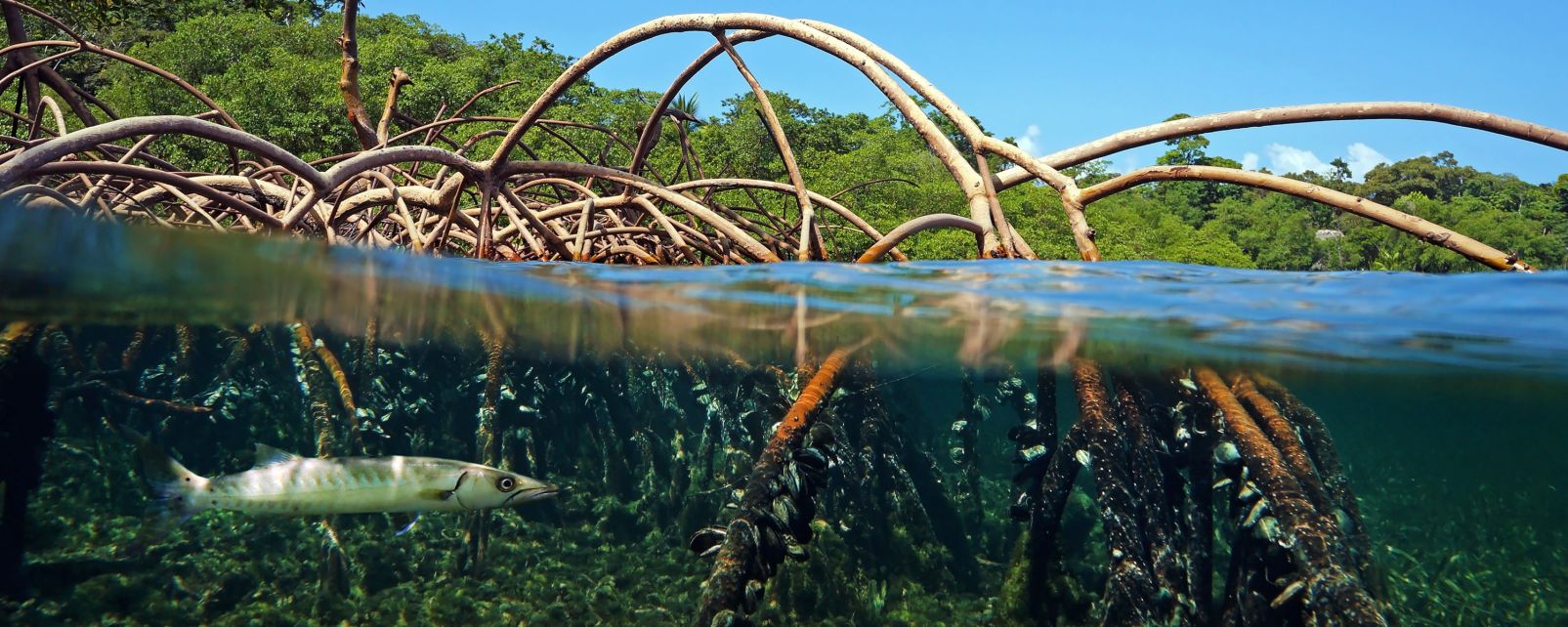


Frontiers in Pharmacology, sección Ethnopharmacology 2020; 11: 765.
Access and Benefit Sharing Under the Nagoya Protocol—Quo Vadis?
Six Latin American Case Studies Assessing Opportunities and Risk
Caio M. França, Roxana Loayza, Yelin Roca, Ana Maria Montaño Arias, Freddy Tinajeros, Loaiza JR., Anshule Takyar, Robert H. Gilman,
Matthew J. Miller.
Abstract:
Background: Global challenges related to access and benefit sharing (ABS) of biological resources have become a key concern in the area of research on herbal medicines, ethnopharmacology, drug discovery, and the development of other high value products for which Intellectual Property protection can be secured. While the Convention on Biological Diversity (CBD, Rio 1992) has been recognized as a huge step forward, the implementation of the Nagoya Protocol (NP) and of new forms of collaboration often remain unresolved, especially in the context of “the fair and equitable sharing of benefits arising from the utilization of genetic resources” (Convention on Biological Diversity, 2011). The vision and the specific implementation of this international treaty vary from country to country, which poses additional challenges.
Aims: Using a case study approach, in this analysis we aim at understanding the specific opportunities and challenges for implementing international col-laborations regarding ABS in six Latin American countries—Chile, Colombia, Guatemala, México, Panama, and Peru. Based on that analysis, we provide recommendations for the path ahead regarding international collaborations under ABS agreements in ethnopharmacological research.
Results and Discussions:The implementation of the NP varies in the six countries; and while they are all rich in biodiversity, access and benefit sharing mechanisms differ considerably. There is a need to engage in a consultation process with stakeholders, but this has often come to a halt. Institutional infra-structures to implement national policies are weak, and the level of knowledge about the NP and the CBD within countries remains limited.
Conclusions: Different policies in the six countries result in very diverse strate-gies and opportunities relating to the equitable use of biodiversity. A long-term strategy is required to facilitate a better understanding of the treaties and the resulting opportunities for a fairer development and implementation of transparent national polices, which currently differ in the six countries. So far, the benefits envisioned by the CBD and the NP remain unfulfilled for all stakeholders involved including local communities.

Tel: (507) 5170700 - Fax: (507) 5070020 - EFax: (507) 5170701 | INDICASAT - AIP | Edificio 219, Ciudad del Saber | Clayton, Apartado 0843-01103 | Panamá 5 Panamá, Rep. de Panamá.
© Copyright 2014. INDICASAT AIP. Todos los derechos reservados.
INDICASAT.org.pa

Quienes somos
Síguenos